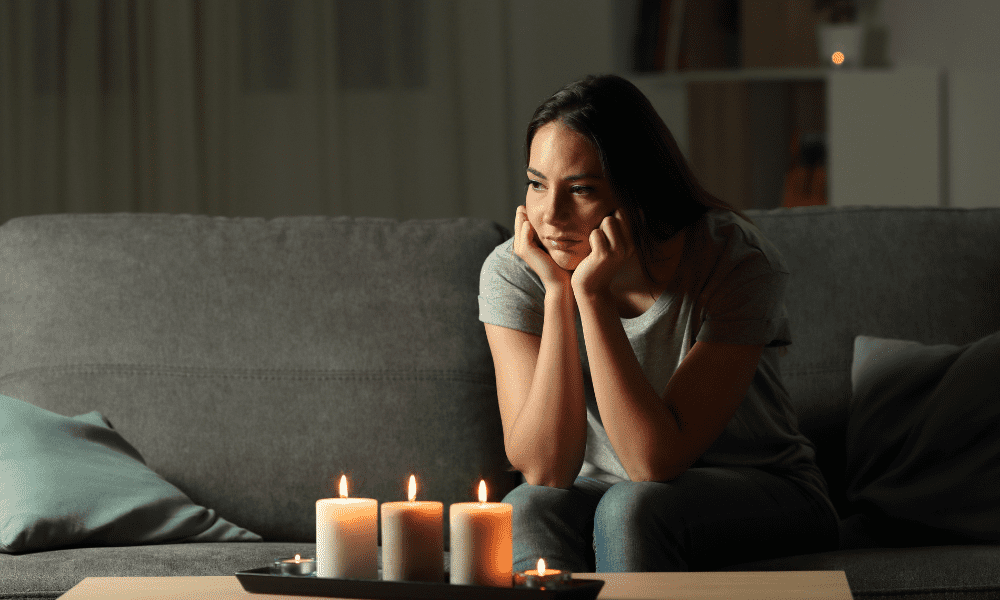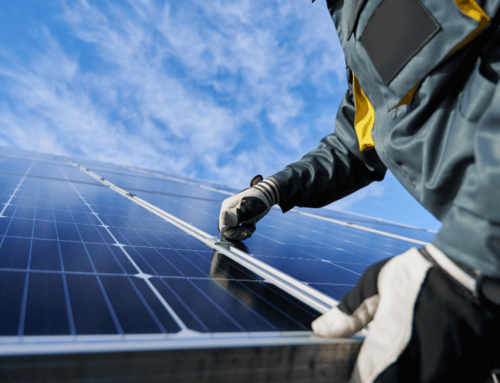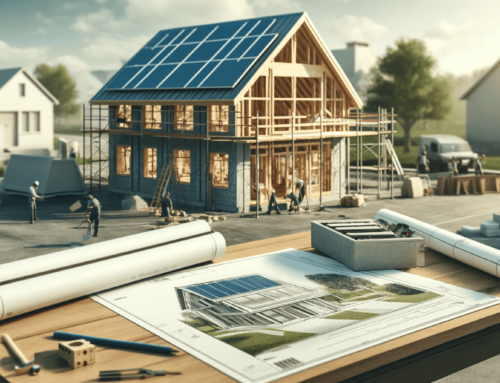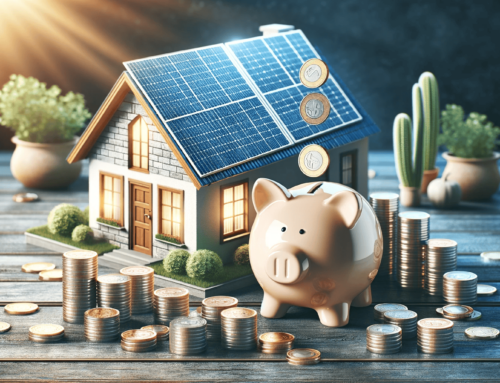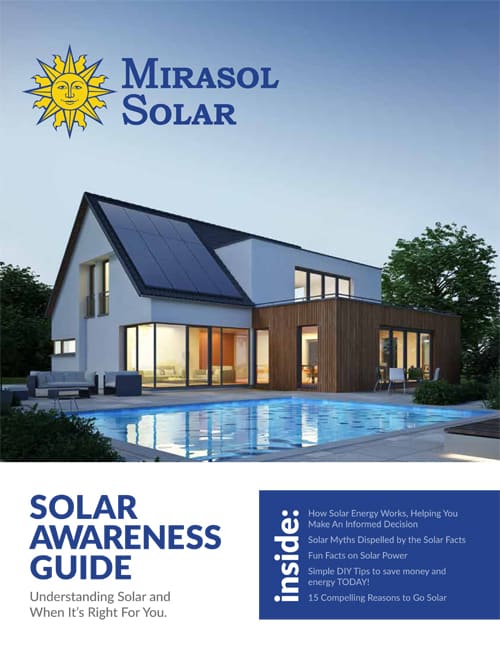If you’re using solar power to generate electricity, you might be wondering what happens when the power goes out. After all, if your solar panels are your primary source of energy, it’s important to know how they’ll perform in a blackout.
The good news is that, in most cases, your solar panels will continue to work even when the power goes out. However, the bad news is that you won’t be able to use the power they generate unless you have a backup system in place. Here is what you can do to ensure that you’re prepared for an outage.
How solar power works
First, let’s review how solar power works. Solar panels convert sunlight into electricity through a process called the photovoltaic effect. When sunlight hits the panels, it causes electrons to move, generating a flow of electricity.
This electricity is then sent to an inverter, which converts it from direct current (DC) to alternating current (AC), which is the type of electricity used in homes and businesses. The AC electricity is then fed into your home’s electrical system, powering your lights, appliances, and other electronics.
What happens when the power goes out?
When the power goes out, your solar panels will continue to generate electricity as long as the sun is shining. However, because your home is still connected to the grid, your solar system will automatically shut down to prevent back-feeding electricity into the grid.
This is a safety feature that protects utility workers who might be repairing power lines. If your solar system were to continue sending electricity into the grid during an outage, it could potentially injure or even kill someone working on the lines.
As a result, your solar panels will only generate electricity for as long as they can supply power to your home’s electrical system. If you’re using a lot of energy during an outage, your solar panels may not be able to keep up, and you’ll need a backup source of power, or you will be without electricity.
What to do in a power outage
To ensure that you’re prepared for a power outage, you should consider installing a backup power system. There are a few different options to choose from, including:
Battery backup: During an outage, a battery backup system uses the extra electricity your solar panels produce during the day to power your home.
Generator: A generator is another option for backup power. You can connect your generator to your home’s electrical system using a transfer switch, which allows you to power essential appliances and electronics.
Off-grid system: An off-grid solar system is designed to operate independently of the grid. These systems use batteries and other equipment to store and regulate the energy your solar panels generate, making them more expensive than grid-tied systems.
Conclusion
To ensure that you’re prepared for an outage, consider installing a battery backup, generator, or off-grid solar system. With the right backup system, you can continue to power your home and stay comfortable even when the grid goes down. Want to know more? Start with your Free Quote

